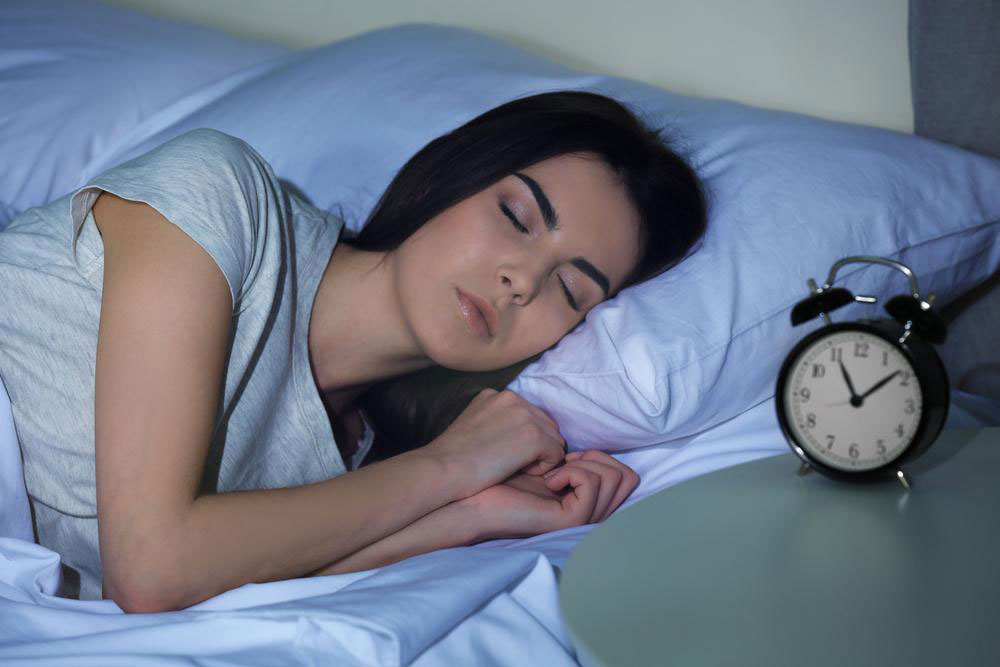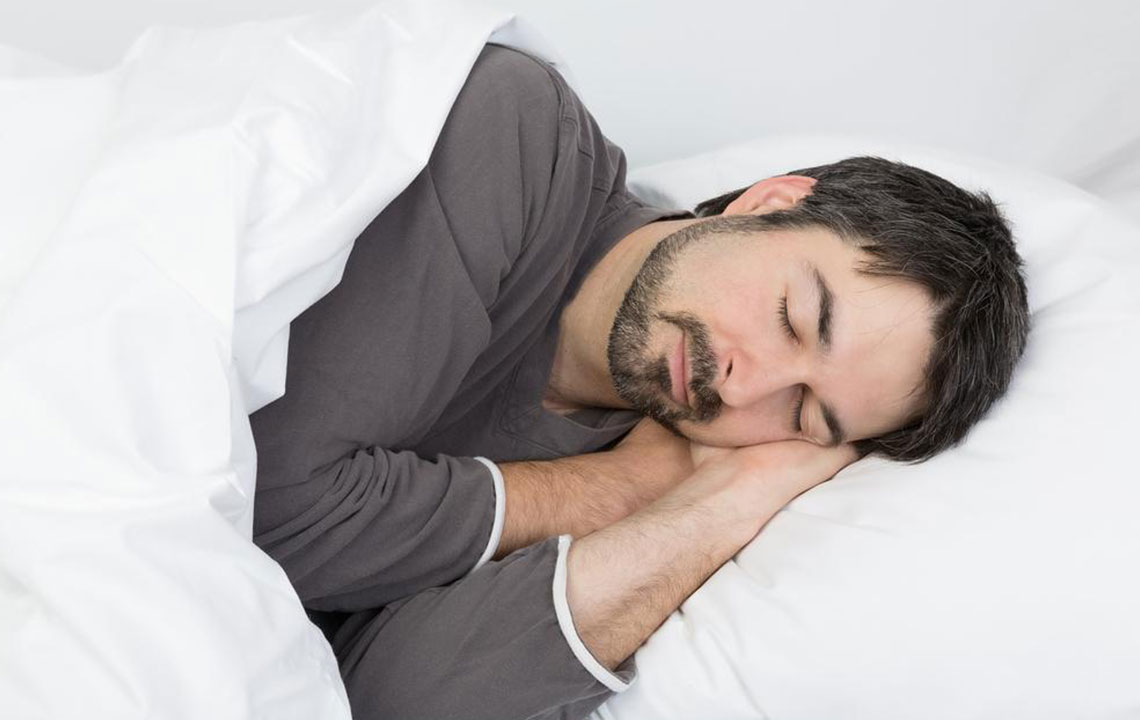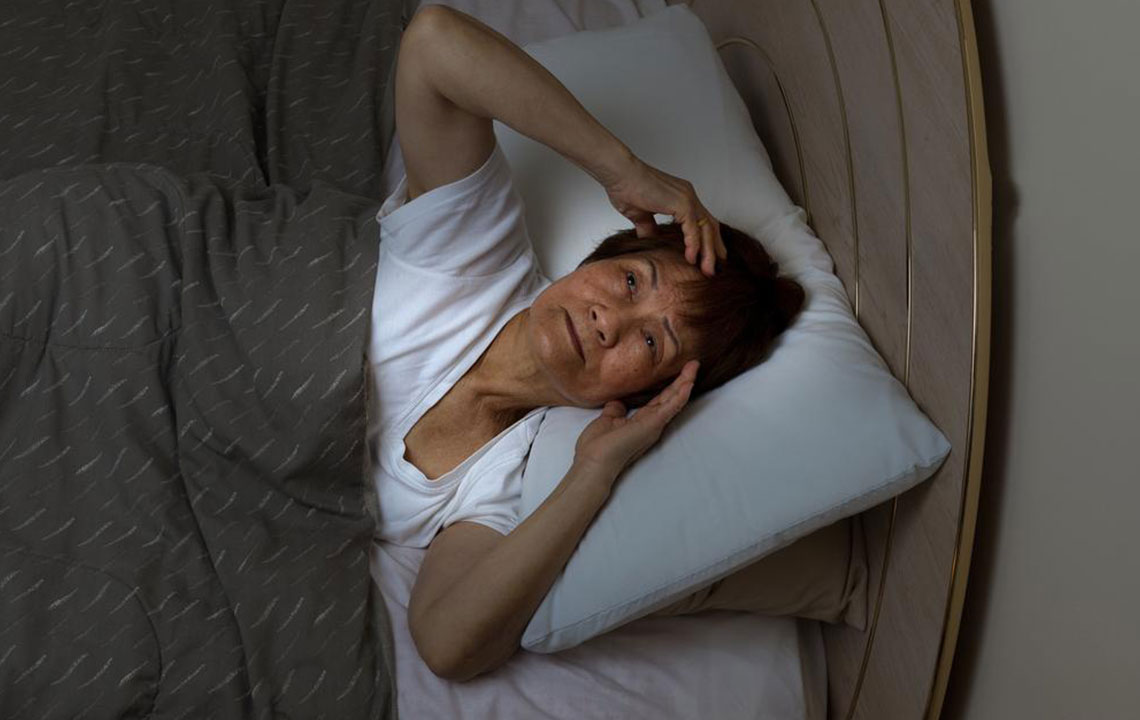Comprehensive Guide to Safe and Effective Use of Sleep Aids
This comprehensive guide explains the responsible use of sleep aids, emphasizing safety, potential side effects, and alternatives. It highlights the importance of consulting healthcare professionals and adopting healthy sleep habits to promote natural sleep, prevent dependency, and address underlying sleep issues effectively. Whether OTC or prescription, using sleep aids properly can significantly improve sleep quality while minimizing risks, supporting overall health and well-being.

Comprehensive Guide to Safe and Effective Use of Sleep Aids
Achieving restful and restorative sleep is fundamental to maintaining overall health, psychological well-being, and optimal daily functioning. However, millions of individuals worldwide experience occasional difficulties with falling asleep or staying asleep, which can significantly impact their quality of life. In such instances, many turn to sleep aids—whether over-the-counter remedies or prescription medications—in an attempt to regain restful sleep. While these options can be beneficial, it is vital to understand their proper use, potential risks, and alternatives to ensure safety and avoid adverse outcomes.
Sleep issues can stem from various causes, including stress, anxiety, lifestyle habits, underlying medical conditions, or environmental factors. Addressing these root causes is essential for sustainable sleep health. Nevertheless, for short-term relief, sleep aids are commonly used. Understanding when and how to use these medications responsibly is critical to prevent dependency and minimize side effects.
Over-the-counter sleep aids often contain antihistamines such as diphenhydramine or doxylamine, which induce drowsiness. Prescription medications, like sedative-hypnotics, are generally prescribed when OTC options are ineffective. These drugs should always be taken under medical supervision, as misuse can lead to serious health problems.
It's important to be aware of the potential side effects associated with sleep medications. Common adverse effects include excessive daytime drowsiness, which can impair alertness and cognitive function; memory problems; blurred vision; nausea; allergic reactions; and weight gain. These side effects underscore the importance of using sleep aids cautiously and under professional guidance.
Before initiating any sleep medication, consulting a healthcare professional is essential. A healthcare provider can evaluate your specific situation, identify underlying conditions contributing to sleep disturbances, and recommend appropriate treatment options—whether behavioral therapies, lifestyle modifications, or pharmacological interventions.
Proper use of sleep aids involves adhering strictly to medical instructions—avoiding exceeding the recommended dosage and duration of use. Long-term reliance on these medications can lead to physical and psychological dependence, making it difficult to sleep naturally without the aid. Therefore, the goal should always be to use sleep medications as a short-term solution while working on underlying issues.
Avoiding alcohol while taking sleep aids is critical, as combining these substances can exacerbate side effects such as respiratory issues, impaired coordination, and increased sedation. Additionally, maintaining good sleep hygiene practices—such as establishing a regular sleep schedule, creating a comfortable sleep environment, reducing caffeine and screen time before bed, and engaging in relaxing activities—can enhance sleep quality and reduce the need for medication over time.
Monitoring and documenting any side effects or changes in sleep patterns during medication use can help healthcare providers make necessary adjustments. If adverse effects occur or if sleep issues persist despite medication, further evaluation may be necessary. In many cases, non-pharmacological interventions like cognitive-behavioral therapy for insomnia (CBT-I) are highly effective and sustainable ways to improve sleep without medication dependency.
In summary, sleep aids can be valuable tools for short-term relief of sleep disturbances but should be used with caution. Prioritizing consultation with healthcare professionals, following medical advice diligently, and coupling medication use with lifestyle changes can promote healthier sleep patterns. Ultimately, the goal is to achieve natural, uninterrupted sleep without reliance on medications, thereby enhancing overall health and well-being.





